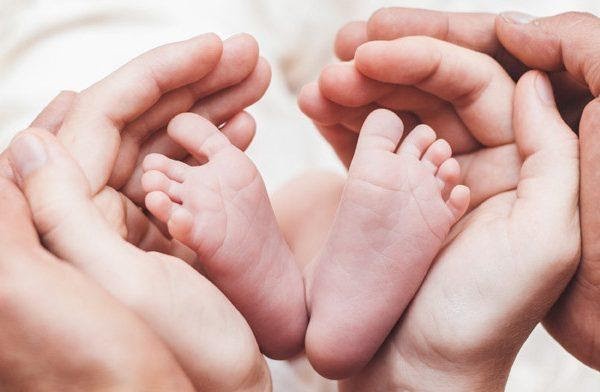
Egg donation is simply the process where a mature woman's ovaries get stimulated to produce the desired amount of eggs. These eggs are then harvested and donated, majorly for third-party or assisted reproduction. Besides, the harvested eggs can be preserved and later used or facilitate in vitro fertilization in a medical lab.
Initially, the science behind egg donation and IVF was plagued by controversy. However, the advancements in medical technology and in-depth understanding of the physiological aspects of humans have revolutionized the reproductive medicine and promise a better future. Indeed, it has provided a new platform for research and advancements in female's reproductive healthcare.
Today, it is easy for women to undergo the egg donation process and help other people to overcome various infertility challenges. Over the decades since the first successful egg donation and IVF pregnancy, subsequent embryo/egg donations and births have become very common, just like significant organ donations and transplantations.
Women can choose to donate eggs for many reasons. However, the quality of these eggs depends on the woman's age. Sure, every female out there was born with healthy ovaries and all the eggs they will ever have, but the number decreases as they age. Research shows that a woman's fertility starts to decline in her late thirties and accelerates as she ages.
Additionally, chromosomal abnormalities might increase with age. Thus, women who want to have kids later in their lives might be forced to explore other options when it comes to conception. This is the time they might consider the possibility of donor egg in-vitro fertilization via a frozen egg bank or seeking out an egg donor via a local program.
The egg recipient
The typical recipient of donated eggs can be categorized in various subsets. These include;
A woman who has previously had multiple IVF treatments. Genetic abnormalities and poor egg quality are some of the contributing factors in failed IVF treatments.
A woman who is battling with secondary infertility. This is when the first child is conceived naturally, but all subsequent attempts are unsuccessful. Some of the top causes of secondary infertility include endometriosis, poor sperm quality, age, and more.
Premature ovarian failure. This happens when the woman's menopause kicks in before the age of 40.
Other infertility issues that are unexplained.
All women intending to receive donated eggs must undergo a closely monitored preparation process. A full medical examination is necessary to ascertain whether or not the pregnancy will jeopardize their health. Some of the essential tests to be performed include hysteroscopy, cervical culture, and saline sonogram or hysterosalpingogram to assess the woman's uterine health.
Also, semen testing must be performed on the male to find out if infertility on the part of the male spouse could be the contributing factor. Some doctors may recommend hormone replacement before the actual embryo transfer. This will help achieve the recommended blood levels and endometrial health.
Egg donors
Every egg donor has a specific reason for becoming a donor. For most people, it is somewhat an altruistic endeavor, while for other women, it is the promise of financial compensation. And some women choose to make egg donations just because they understand that someone has been struggling to get a child. Indeed, most egg donors are women who cannot imagine a life without their lovely kids.
On the other hand, egg donors who opt to enter the donation process for only financial benefits, there is a good chance they will be dismayed by the physical requirements and time commitment necessary. They're more likely to drop off the process compared to women who choose to donate eggs due to other reasons.
Keep in mind that not everyone can be an egg donor. Any woman who wishes to become an egg donor must undergo and pass different medical screenings. These include drug screening, physical examinations, medical history screening, in-depth psychological evaluation, genetic screening, and other relevant tests performed before the egg retrieval process.
Wrap up
Sure, the egg donation and IVF process are complex, but they have made it possible for couples battling with infertility to start and build their families. Whether you're an egg donor or the recipient, there are essential medical-related tests that must be performed. So, talk to your doctor before you begin the process.
© 2026 NatureWorldNews.com All rights reserved. Do not reproduce without permission.





